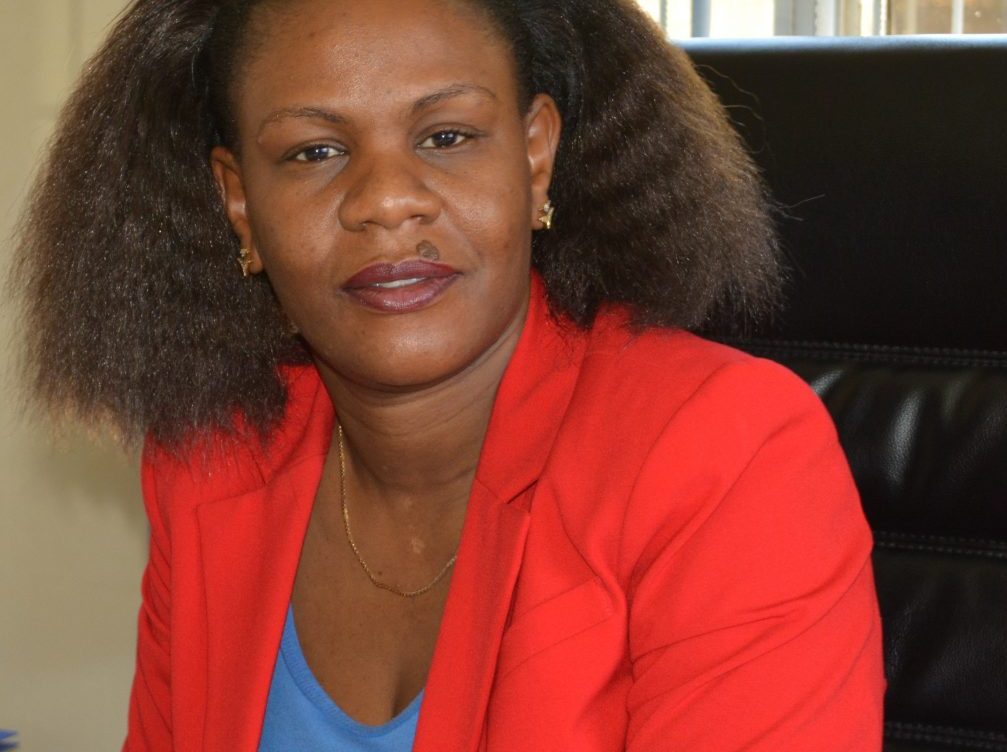
Media, Public Opinion and Women Empowerment
By Lilian Saka-Kiefer
The media are a critical player in building public awareness on events in the society that directly or indirectly affect their audience. The media have a great impact in the construction and deconstruction of public beliefs and attitudes, influencing the formulation of public opinions on various issues. This creates a strong link between the media and social change.
Media coverage of various social issues shapes public debate in terms of setting agendas and focusing public interest on those issues. For example, negative media coverage of certain components of the society creates negative public attitudes towards them. Further, in some cases the media can construct uncertainty around certain social issues when they limit the information that trickles down to their audiences. In the same vein, positive media coverage of an issue influences positivity in society on the same issue.
Public opinion holds an essential role in society because it facilitates and enhances social integration and social change. A deeper understanding of public opinion as a concept therefore means not only the tracking of the majority opinion, but also of the normative opinion, which is the opinion that is perceived to be the majority opinion. It is important to note the difference between ‘the majority opinion’ and the ‘perceived majority opinion’ as both have an influence on social change. When an opinion is perceived to be a majority opinion, it has potential to drive policy discourse and social change.
The different aspects of public opinion can work in different ways to influence policy makers’ decisions, public attitudes and reactions as well as social trends and social change. Public opinion tends to bring legitimacy to social trends, political discourse and policy direction. It is therefore critical that factors that influence public opinion, be harnessed to drive social change in a positive direction.
Mass media therefore, as an influencer of public opinion is quite critical. Public opinion depends on knowledge about what is going on in the society and the media provide the public with this knowledge through various means: radio, print journalism, television and the Internet. Through all these platforms, the mass media has been influencing public opinion for more than 500 years. In the 21st century, technology has made it even much easier to access the messages from the mass media. It has also created key opinion leaders and icons in various platforms that people rely on to get their facts.
However, just as the media can influence the public to make an educated decision, media can also have a negative influence especially when they only report on part of the issue and leave out crucial information, or misrepresent facts thereby impacting negatively on the way that people understand certain issues. Public opinion would in this case be formed based on incomplete or incorrect facts.
This is where critical interventions with the media are required, to ensure that the media comprehensively build public knowledge on positive social trends and influence public opinion in the right direction. Interventions like media trainings, advocacy for favourable editorial policies and the like can go a long way in influencing the media to positively carry out their mandate.
Therefore, in championing women empowerment and women participation, the impact of negative media coverage of women cannot be ignored. When the media churns out negative narratives about women, the public opinion forms negative attitudes towards women, question their credibility and eventually deny them an opportunity to advance. In campaigning for women participation in leadership, negative media coverage creates public opinions that do not have faith in women leadership and thereby pushes women to the margins.
To promote positive media coverage of women, it is critical therefore that responsive interventions are implemented for the media and with the media. These include training media practitioners, and providing content development support on selected issues. This would lead to positive public opinion that can promote women empowerment and enhance opportunities for women’s participation in leadership.
Panos Institute Southern Africa (PSAf), in partnership with the Humanist Institute for Development Cooperation (Hivos) will be working on interventions with the media to influence positive coverage of women with the aim of effecting positive public opinion about women and women leadership.
Hopefully, this intervention will lead to positive reflections on women and women’s capabilities and cause the public to be open to women leadership.
The author is PSAf Executive Director. For feedback, email: lilian@panos.org.zm.